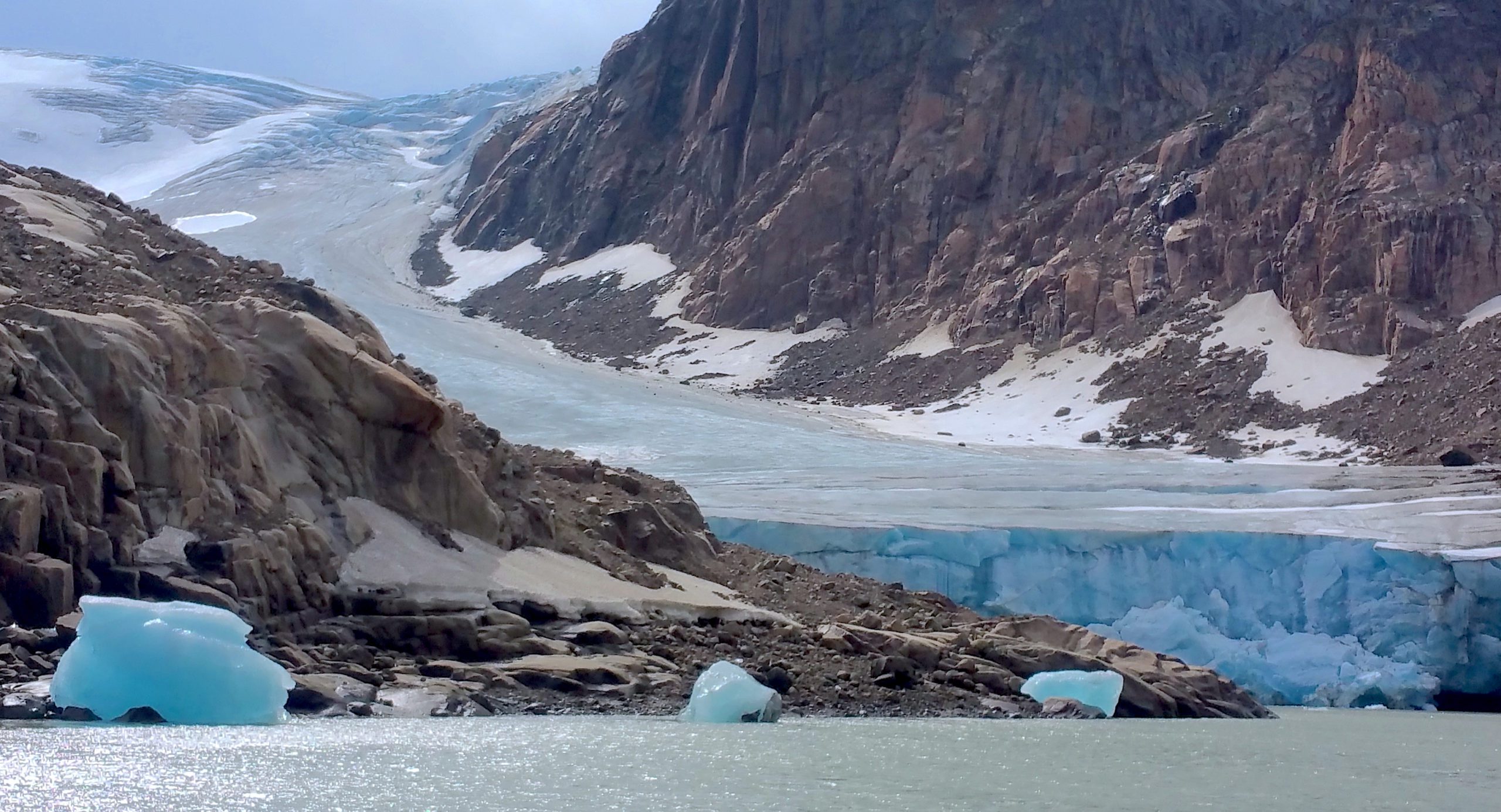
This article originally appeared in the Globe and Mail
By Heather Exner-Pirot, August 28, 2022
High in the Canadian Arctic, on the northern end of Baffin Island, the Mary River mine operates on one of the world’s richest reserves of high-grade iron ore. Although Baffinland Iron Mines Corp. only started to operate the mine in 2016, it already contributes 23 per cent of Nunavut’s GDP. That’s equivalent to the fiscal impact of the oil and gas industry on Alberta’s economy.
But its future is uncertain. The Mary River mine has posted operating losses in every year of its operation. They recently laid off 1,100 employees, about 350 of whom are Inuit. To become financially viable, Baffinland says it needs a Phase 2 expansion, including a railroad and ore handling facility that would allow it to double ore production to 12 million tons a year.
Phase 2 would see more than $2-billion in royalties paid to Inuit organizations over the next 25 years, including over $1-billion to the Qikiqtani Inuit Association (QIA) and $1.4-billion to Nunavut Tunngavik Inc. It would also mean $700-million in taxes to Nunavut and $1.4-billion to the federal government.
Approving Phase 2 seemed to be a no-brainer for the territory and indeed appeared to be forthcoming until a group of seven hunters – named the Nuluujaat Land Guardians – blockaded the mine’s airstrip in February, 2021. They feared the expansion would drive away the wildlife they depend upon for their livelihood and food security.
The protest became a cause célèbre, and within a month the QIA – the designated rights holding body for Inuit in the region – retracted its support for a mine it had endorsed for the previous 10 years. They asserted that Inuit did not participate in the development of the proposal, and key information about its impacts remained unclear. As part of the approval process, subsequent community hearings held by the Nunavut Impact Review Board (NIRB) were emotional and contentious. Finally, in May of this year, the Board recommended against approving Phase 2.
The usual suspects have been involved in the process: the World Wildlife Fund, Oceans North, Greenpeace. One can respect their intentions, but environmental NGOs in Canada are far more likely to build their campaigns around projects involving Indigenous people than projects that don’t. In Nunavut, the additional intervention by NGOs is not necessarily a welcome development – many people feel they would be better off resolving these matters internally, without outside interference. Instead, union workers, hamlets, and elders have been pitted against hunters, Inuit organizations, and other elders as well.
There is uncertainty surrounding the mine’s impact on wildlife, and to what extent it can be mitigated. But the fact that concern for narwhal, caribou and other populations is enough to override billions of dollars in badly needed economic security illustrates how narrow the development options are for Inuit.
The Mary River mine is a microcosm of the choice that faces Nunavut and Inuit Nunaat as a whole – it’s the balance between using their natural resources to lift communities out of poverty, bringing jobs and purpose to their young people while preserving, as much as possible, their natural environment so Inuit can practise their culture and live off the land as their ancestors did.
Many Inuit leaders believe it is time to look forward, and to use their resources to become more self-determining. “If not [Baffinland],” Jimi Onalik, Nunavut’s deputy minister of economic development asked at one public meeting, “then what?” A wage economy is increasingly important to sustain hunting practices, and therefore Inuit culture, as it enables people to afford trucks, snowmobiles, watercraft, rifles, fuel.
So far, that is not the argument that is winning the day. However, the NIRB’s recommendation is not binding, and ultimately it is Canada’s Minister for Northern Affairs, Dan Vandal, who will accept or reject the application.
The government decision is expected in October, and it won’t be an easy one. Approving the Phase 2 expansion means going against the NIRB and the QIA, and would invariably result in accusations of choosing resource extraction over Inuit rights. Denying it means a loss of revenues, employment and training in a territory that badly needs it. But the ruling goes far beyond that.
Rejecting the mine expansion will discourage future resource investment not only in Nunavut but across northern Canada, affecting prospects in Yukon and the Northwest Territories as well. Investment bankers in New York or London may not know or care about the distinction between our territories, but they will have heard that Northern Canada is a place where money goes to die, where social licence is always precarious, that they’d be better off buying bonds.
As Canada and its allies look to wean themselves off Russian and Chinese commodities, while still developing the enormous quantities of minerals we need to transition to low-carbon energy sources, we need to find ways to build. The Baffinland saga has shown us the ways in which resource development remains frozen in Canada.
Heather Exner-Pirot is a senior fellow at the Macdonald-Laurier Institute.




